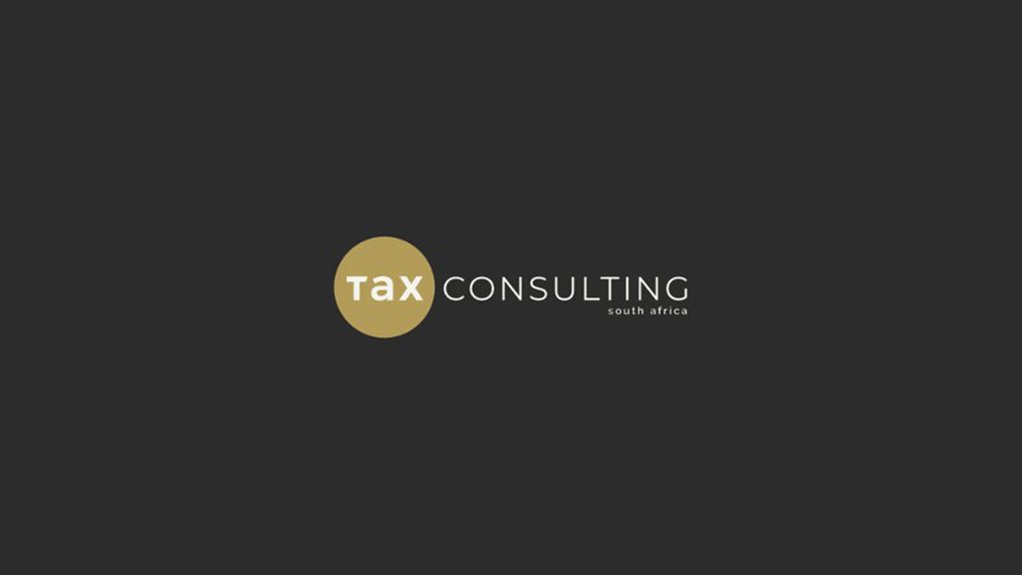Who wouldn’t love a salary increase of over 5% this year? Most employees would be happy with a raise that keeps up with inflation. But in 2025, even an inflation-related increase might not be enough to keep up with the rising cost of living as the taxman is taking a bigger bite out of your paycheck.
The Hidden Cost of a Pay Raise
Inflation for 2025 is expected to be around 4.3%. But according to Tanya Tosen, a Tax and Remuneration Specialist at Tax Consulting South Africa, employees actually need a salary increase of at least 5% just to maintain their current spending power.
This is because Finance Minister Enoch Godongwana has not adjusted personal income tax brackets for inflation in the 2025/26 tax year. That means many people will be pushed into higher tax brackets without realising it, leading to more tax deductions and less money in their pockets.
A Closer Look at the Numbers
During a recent webinar hosted by CPD Consortium, Tosen broke down what this means for different salary brackets:
- High earners (R2-million/year): If someone earning R2-million receives a 5.5% increase, they could end up with nearly R7 000 less in their take-home pay because of the higher tax bracket. They would actually need a 6.13% increase just to break even.
- Middle earners (R360 000/year): A person earning R30 000 per month would see their marginal tax rate jump from 26% to 31% if they received a 4.3% salary increase. Without tax bracket adjustments, their PAYE (Pay-As-You-Earn) tax would increase by nearly R4 200 per year, leaving them with less disposable income.
The Impact on Salary Packages
This situation puts pressure on businesses to rethink how they structure salaries. Companies must consider more flexible remuneration packages to ensure employees get the best value. Tosen suggests that employers should offer:
- More take-home pay instead of non-cash benefits within flexible parameters, if that’s what employees prefer, especially during these tough economic times.
- Customisable salary structures to help employees retain as much of their earnings as possible and flexible benefits to suit their personal and financial requirements.
“The bottom line is that employees should not be worse off, where this is correctly designed,” says Tosen.
Even Government Employees Feel the Pinch
Even public sector workers who have negotiated a 5.5% salary increase for 2025/26 will feel the impact of higher tax rates as they will require a 6.13% salary increase to keep up pace with the tax tables which weren’t adjusted for inflation.
At the end of 2024, salary experts predicted that average raises would range between 5.5% and 5.7% in 2025, depending on a company’s financial health. However, the 2025 Budget has changed the game.
Government’s Search for More Revenue
The government originally proposed a 2 percentage point VAT hike, which would have raised R58-billion. But after major pushback, they settled on a smaller 0.5% VAT increase each year for the next two years. This will bring in an estimated R13.5-billion in 2025/26 and R29-billion in 2026/27.
However, the biggest burden still falls on individual taxpayers. The failure to adjust tax brackets will generate R18-billion in extra revenue for the government in 2025/26 alone.
SARS Targets High Earners
According to Jerry Botha, Managing Partner at Tax Consulting SA, the South African Revenue Service (SARS) is putting more pressure on high-income earners to boost tax collection.
Over 11 380 people in South Africa earn more than R5-million per year.
Another 330 000 fall into the R1-million to R5-million income bracket.
These individuals will contribute nearly 48.6% of all personal income tax in 2025/26.
But SARS believes there are at least 100 000 high earners who are not paying their fair share. Commissioner Edward Kieswetter recently stated that many people earning over R1-million per year are not even registered for tax.
What Should You Do?
Botha warns that SARS is cracking down on high-net-worth individuals. If you have any tax compliance issues, it’s better to act before SARS comes knocking.
Consult a tax expert if you’re unsure about your tax situation. If you are behind on tax payments, correct it proactively as there is a “first-mover advantage” in fixing tax issues before SARS intervenes.
The Takeaway
If you’re expecting a pay raise this year, don’t assume it will automatically improve your financial situation. With unchanged tax brackets and rising costs, your salary increase may not go as far as you think. Employers should rethink salary structures, and individuals should stay proactive about their tax obligations.
Want to make sure you’re not paying more tax than necessary? Now is the time to check your tax strategy and plan ahead!
Written by Tax Consulting SA
EMAIL THIS ARTICLE SAVE THIS ARTICLE ARTICLE ENQUIRY FEEDBACK
To subscribe email subscriptions@creamermedia.co.za or click here
To advertise email advertising@creamermedia.co.za or click here











